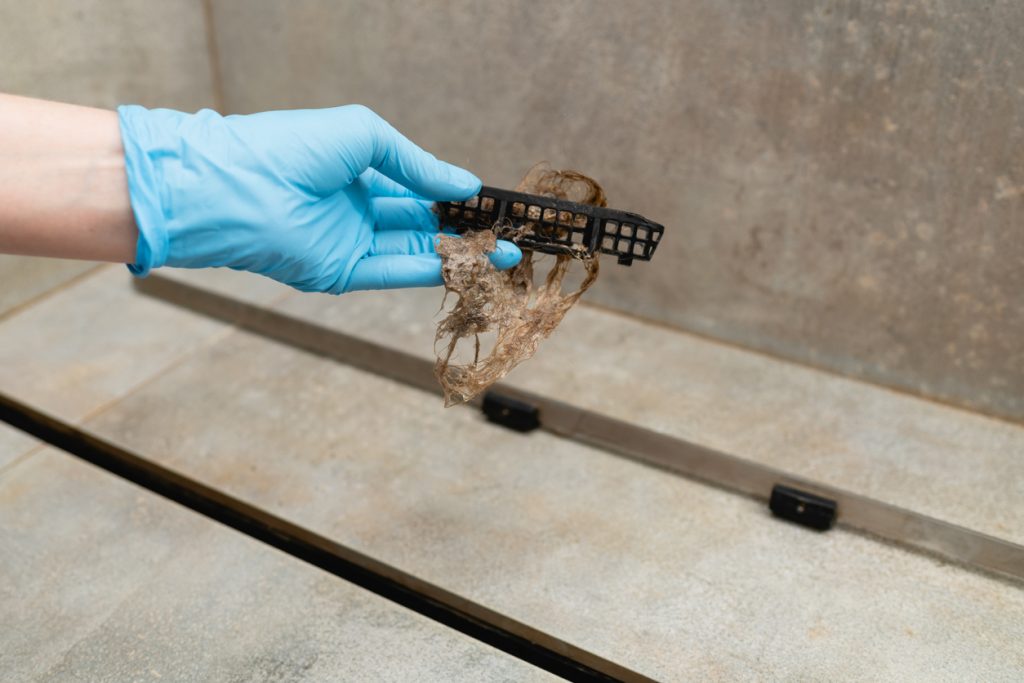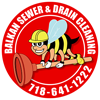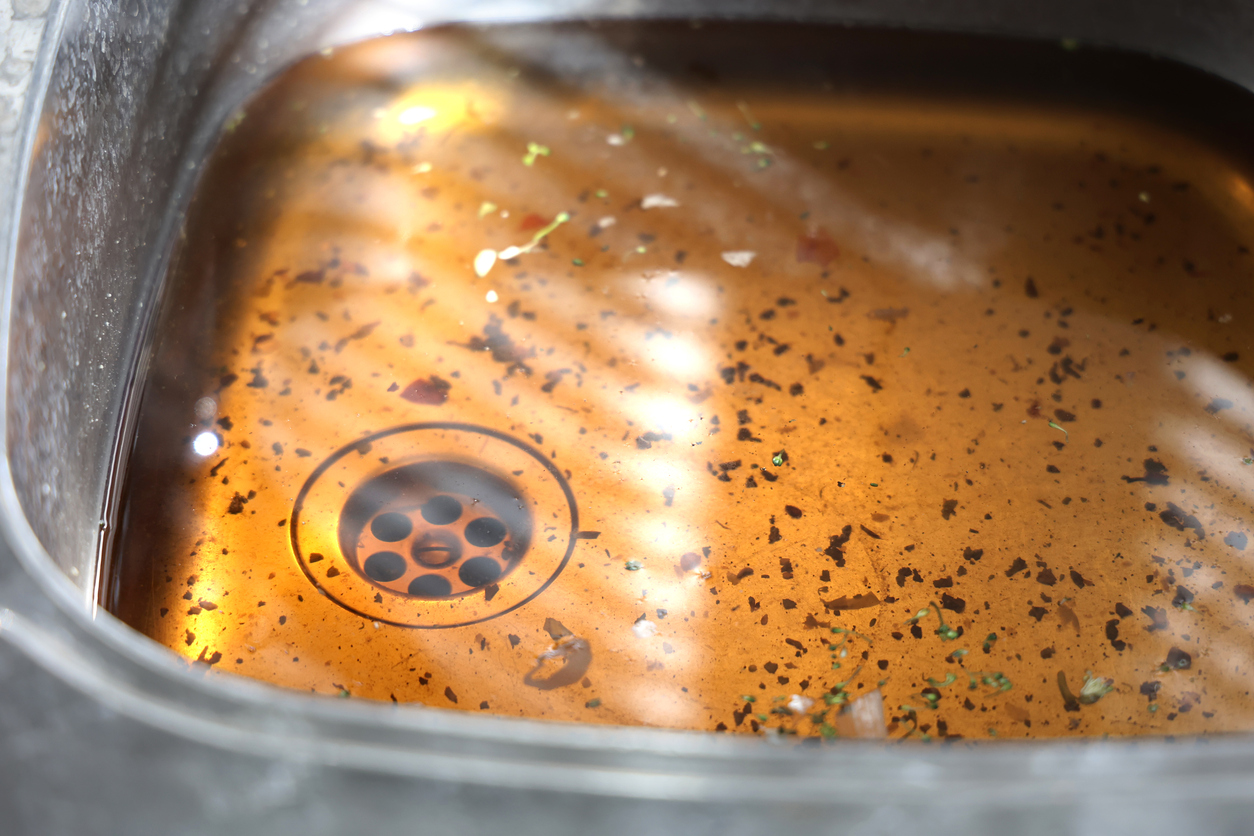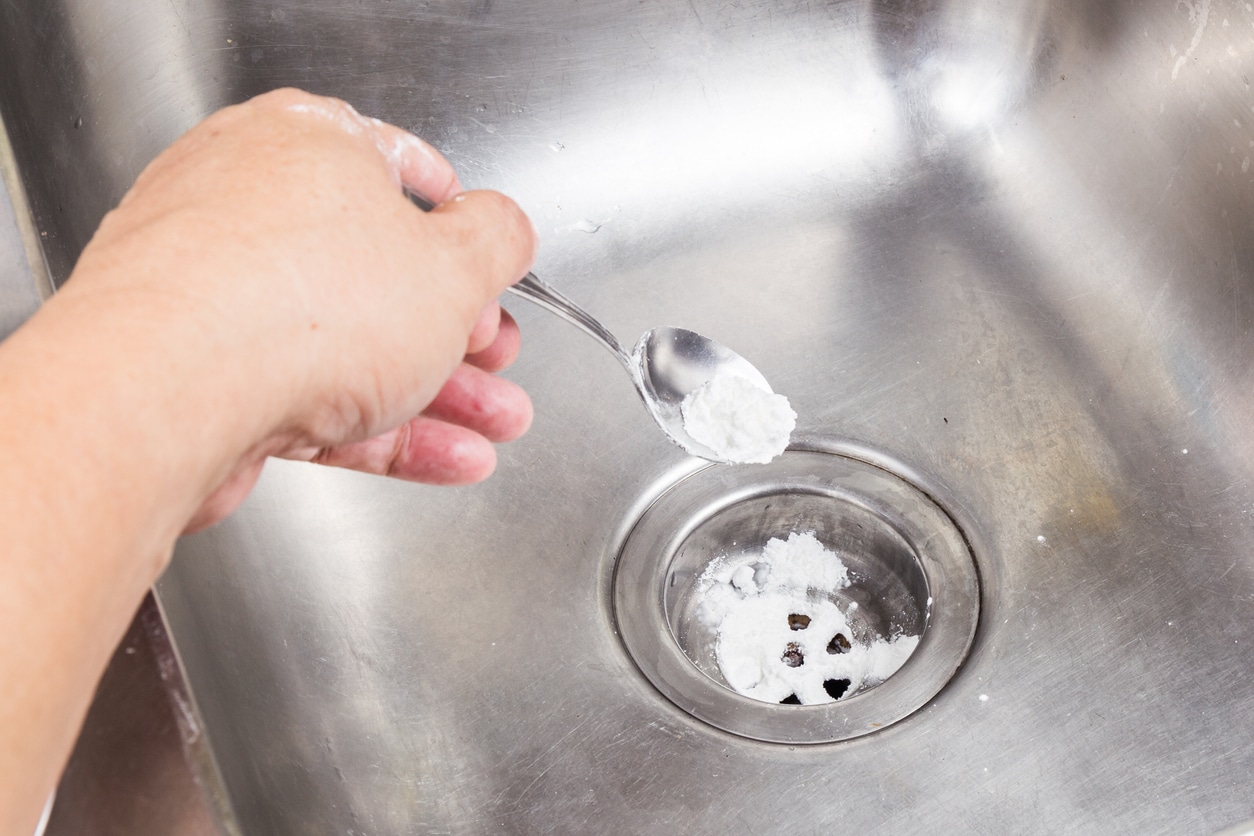Dealing with a stubborn drain clog is like having an uninvited guest who refuses to leave. No matter how much you try to ignore it, it becomes a persistent nuisance that demands your attention. Like the uninvited guest at your house who will not leave, a drain clog can disrupt the smooth flow of your daily routine and cause frustration and inconvenience. In the beginning, you hold out hope that the drain clog will magically disappear on its own. However, as time passes, you come to realize that you need to take action to address the issue. This is where the importance of preventing drain clogs comes into play.
A prolonged backup can not only be a major inconvenience, but it can sometimes take a while to have it fixed by someone else. So, how can you prevent a prolonged backup from interrupting your weekday or weekend? This answer: prevent them before they ever even happen!
Preventing drain clogs before they ever happen is the key to having a smoothly functioning plumbing system. Similar to taking proactive steps to secure your home and prevent uninvited guests, there are some measures you can take to keep your drains clear.
Preventing Drain Clogs: 4 Tips To Keep Your Plumbing System in Good Shape
If you don’t want to deal with clogged sinks, bathtub drains, shower drains, etc., you should follow the old proverb: “An ounce of prevention is worth a pound of cure”. When it comes to preventing drain clogs, there are common practices you can use:
1. Dispose of Food Properly
Grease, oil, fat, coffee grounds, bones, meat scraps, etc. are all potential culprits when it comes to clogged kitchen sinks. If you have a garbage disposal, then you can easily break down most foods for flushing down the drain. However, there are some things that should never go through your garbage disposal—namely grease or coffee grounds. It’s important to understand that some organic items become FOG (fat, oil, grease) after they are ground up.
Instead of sending these items straight into the pipes, make sure to scrape off any remaining materials from plates before discarding them in the garbage disposal. Place those particles inside an easily disposable container before throwing them out. It’s a good idea to always have a can with a cover by your sink to dispose of grease.
2. Place Mesh Screens Over Your Drains
If you’re hoping to keep your drains clog-free and running smoothly, we suggest using drain grates, stoppers, or screens. A grate, stopper, or screen will block out food particles, hair strands, dirt, and other non-liquid items from entering the drain pipe, while still allowing water to flow freely through. However, it’s important to note that drain gates are not suited for more hazardous liquids such as oil and grease.
To ensure maximum cleanliness of your grate, stopper, or screen, make sure you clean them frequently. If not, they can easily become unsanitary if debris builds up. Do not wash the items in your drain grate or strainer down the drain, that defeats the whole purpose of the strainer being used in the first place!
3. Keep Hair and Soap Scum Out of Bathroom Drains
To ensure your bathroom drains stay clear and functioning properly, pay close attention to hair and soap scum build-up. To prevent clogs in your bathroom drains, we strongly suggest using a shower drain hair catcher. By covering your tub and shower drains with a hair catcher, you create a barrier that collects hair while allowing water to flow through with no issues. The hair catcher acts as a filter, trapping hair and preventing it from going down the drain and causing blockages.
Using a shower drain hair catcher as a preventive measure will go a long way in ensuring that your bathroom drains remain clear and functional, saving you the hassle and expense of dealing with prolonged clogs.

3. Keep Hair and Soap Scum Out of Bathroom Drains
Have you ever been to the store looking for a quick fix for preventing drain clogs from reoccurring? You may have thought about buying chemical drain cleaners. However, this solution is far from ideal.
Chemical drain cleaners are highly acidic and can eat away at your pipes over time, causing corrosion and flaking. This, in turn, can create new blockages in your drains. Not only that, but the weakened structure of corroded pipes may eventually lead to leaks when put under pressure from water running through them. If all of that isn’t bad enough, these chemicals also pose a hazard to your health since their fumes are toxic.
4. Preventing Drain Clogs Means Checking Your P-Traps
Unclogging your drains is no easy feat. That is why it is important to take action in preventing drain clogs before they even happen. Another way to start preventing drain clogs is to become familiar with your P-Traps. This is the U-shaped drainpipe located under your bathroom and kitchen sinks. The P-trap can be unfastened, allowing you to check for clogs. Find a bucket and place it underneath the P-trap to catch any water or debris. Cleaning or replacing a P trap is among the easiest plumbing tasks. Read how to clean or replace a P trap to learn more.
Preventing Drain Clogs: Safeguarding Against Property Damage
Preventing drain clogs is an invaluable asset for protecting your home and property from costly damages. With the right maintenance techniques, you can save yourself from unwanted expenses related to structural problems or water damage caused by blocked drains.
Implementing preventive measures is key. This will ensure optimal drainage and smooth operation of plumbing systems without worrying about repair costs down the line. Taking a proactive approach will help you avoid these issues before they arise, keeping your household running without interruptions!
By avoiding the use of chemical-based cleaners and embracing regular maintenance, you can reduce your environmental footprint while prolonging the life of your plumbing system. Not only will this bring convenience and cost savings, but it will also ensure a smooth-functioning plumbing system that won’t require major breakdowns or replacements.
Preventive measures for preventing drain clogs are often simple, commonsense practices that require minimal time and effort. Incorporating these measures into your routine maintenance helps to keep your drains clear and avoid the inconvenience of dealing with clogs. With these 5 practical preventive measures in place, you get to enjoy all the benefits without taking any risks!
Keep Your Drains Clean and Don’t Let Them Clog
Keeping your drains clean doesn’t have to be difficult. To keep your drains flowing freely and take drain clog prevention steps, start by giving them a little TLC each week.
- Every time you use the bathroom sink, pull out the stopper, grate, or screen. Remove any debris before rinsing it off and putting it back in its place.
- Flushing your drains weekly is also key to keeping things running with no hiccups.
- Once a month, give your tub drain an extra deep cleanse.
- Use bacterial cleaners (not chemical cleaners) at least once a month. These are biodegradable so you won’t have to worry about causing any damage to anything when used correctly.
Investing in your drains can save you from costly and disruptive problems down the line. Make sure you use drain covers, practice proper waste disposal, and keep up with regular maintenance on your drains for maximum efficiency. It’s not difficult—just a few simple steps that’ll help avoid clogs. So don’t wait until there’s an issue—be proactive about your drainage system today for long-term savings.
By putting in a little bit of effort today, you will give yourself peace of mind when it comes to plumbing, and it will save you from the need to call in a professional drain cleaning service.




